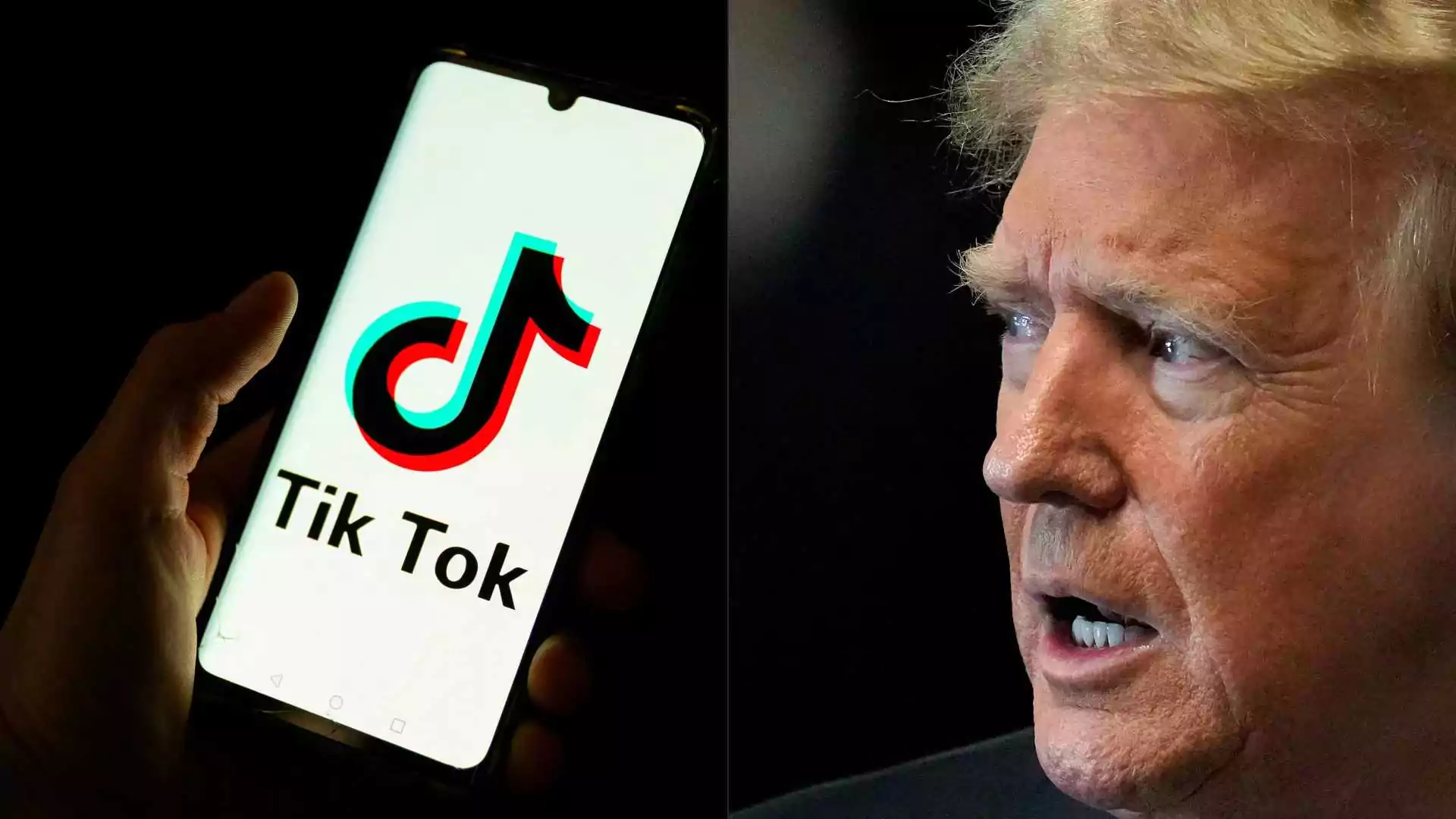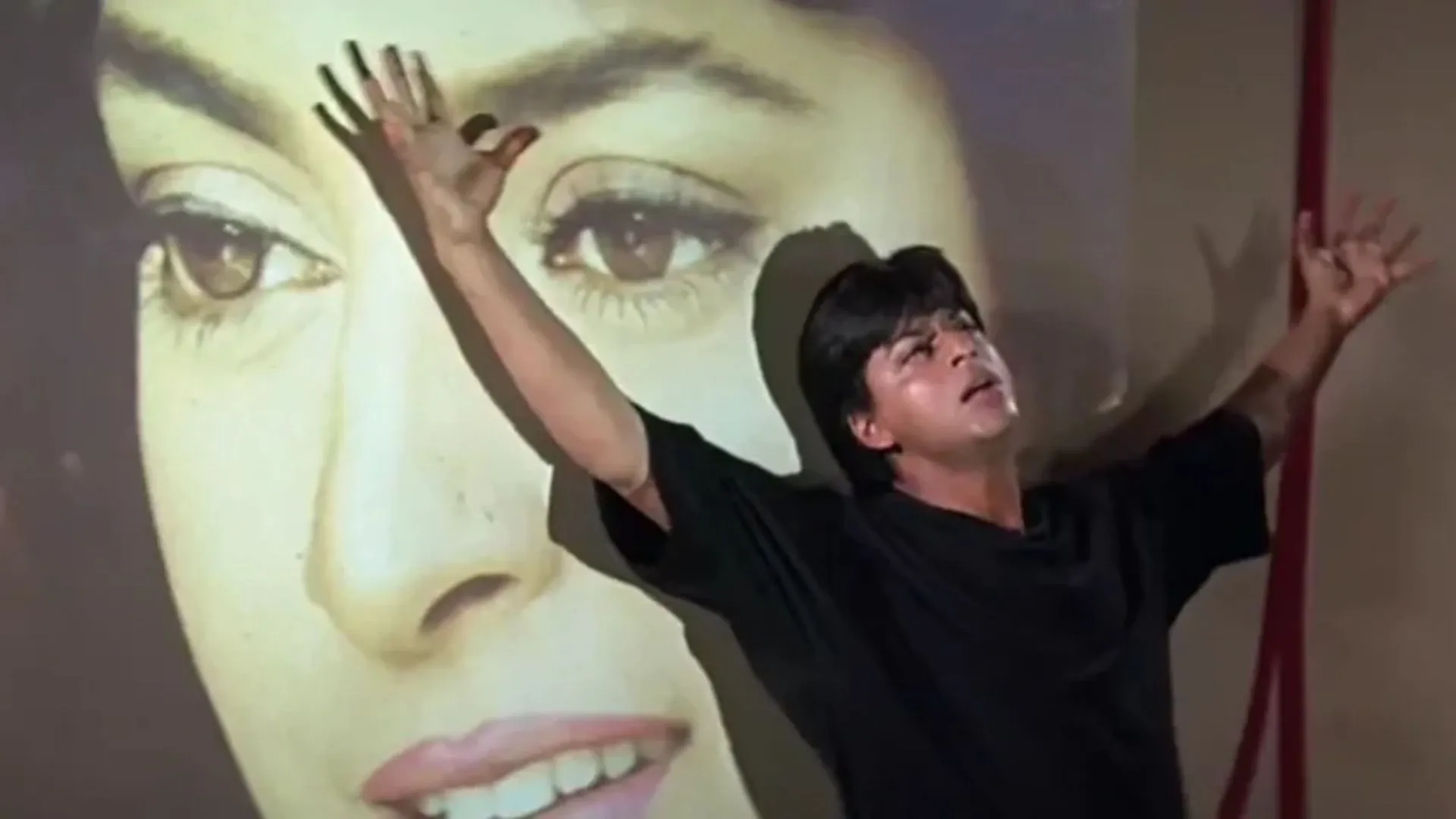Australian Senator Lidia Thorpe, an Aboriginal woman, sparked widespread debate after her public protest during a royal event in Canberra. Shouting “You are not my king” and “This is not your land,” Thorpe was swiftly removed from the event, where King Charles and Queen Camilla were being formally welcomed. The senator’s actions gained international attention, with reactions ranging from praise for her courage to criticism for her conduct.
While some Indigenous activists commended Thorpe’s protest as a bold stand against colonialism, others have criticized it as disrespectful and counterproductive to the reconciliation process in Australia.
Violent Cartoon Stirs Further Controversy
Adding to the scrutiny, Thorpe faced backlash after a violent cartoon was briefly posted on her Instagram account. The image depicted King Charles beheaded beside his crown. Thorpe swiftly deleted the post, explaining that it was shared by a staff member without her knowledge.
“I deleted it as soon as I saw. I would not intentionally share anything that could be seen to encourage violence against anyone,” Thorpe said in response to the outrage. Despite her quick action, the image has intensified the controversy surrounding her protest.
Indigenous Leaders Speak Out
Thorpe’s protest has been met with a mix of support and condemnation from Indigenous leaders. Aunty Violet Sheridan, an Aboriginal elder who formally welcomed King Charles and Queen Camilla to Ngunnawal country, voiced her disapproval. “Lidia Thorpe does not speak for me and my people, and I’m sure she doesn’t speak for a lot of First Nations people,” Sheridan told The Guardian Australia.
Nova Peris, a former senator and the first Aboriginal woman in parliament, also criticized Thorpe’s actions. A longtime republican, Peris expressed disappointment in how the protest was conducted. “Australia is moving forward in its journey of reconciliation… as hard as that journey is, it requires respectful dialogue, mutual understanding, and a shared commitment to healing – not divisive actions that draw attention away from the progress we are making as a country,” she wrote on X, formerly known as Twitter.
Support from Activists
However, Thorpe’s protest found support among other Indigenous activists. Vanessa Turnbull-Roberts, a Bundjalung lawyer and author, defended the senator’s stance, pointing to the historical context of the monarchy’s role in Australia. “There is nothing more harmful or disrespectful than inviting the monarchy to tour the country in the first place, given its history,” Turnbull-Roberts stated. She emphasized that Thorpe’s protest resonated with the deep-rooted grievances of many Indigenous Australians.
“When Thorpe speaks, she’s got the ancestors right with her,” Turnbull-Roberts added, underscoring the cultural and historical significance of Thorpe’s actions.
Thorpe Defends Her Actions
In an interview with the Australian Broadcasting Corporation (ABC), Thorpe explained her motivations behind the protest. She revealed that she had repeatedly requested a meeting with King Charles for a “respectful conversation” about the historical injustices faced by Indigenous Australians. When those requests went unanswered, she decided to take direct action at the parliamentary welcome ceremony.
“I wanted the world to know the plight of our people in this country,” Thorpe said. “Why doesn’t [King Charles] say, ‘I am sorry for the many, many thousands of massacres that happened in this country and that my ancestors and my kingdom are responsible for that’?”
Thorpe’s call for an apology from the British monarchy reflects the long-standing demand from some Indigenous Australians for recognition and reparations for the atrocities committed during colonial rule.
Political Reactions
The protest has also drawn reactions from Australian and UK political leaders. Prime Minister Anthony Albanese criticized Thorpe’s behavior, stating that it did not meet “the standard behavior Australians rightly expect of parliamentarians.” Opposition leader Peter Dutton went further, calling for Thorpe to resign from her position.
Despite the political backlash, Thorpe remained defiant in her response to Dutton’s remarks. “I really don’t care what Dutton says,” she told ABC radio. “I’ll be here for the next three years, so get used to truth-telling.”
In the UK, Prime Minister Sir Keir Starmer defended King Charles when asked if it was disgraceful for Australian politicians to heckle the monarch. “Look, I think the King is doing a fantastic job, an incredible ambassador, not just for our country, but across the Commonwealth,” Starmer told reporters. He praised the King’s dedication to public service despite personal health challenges.























